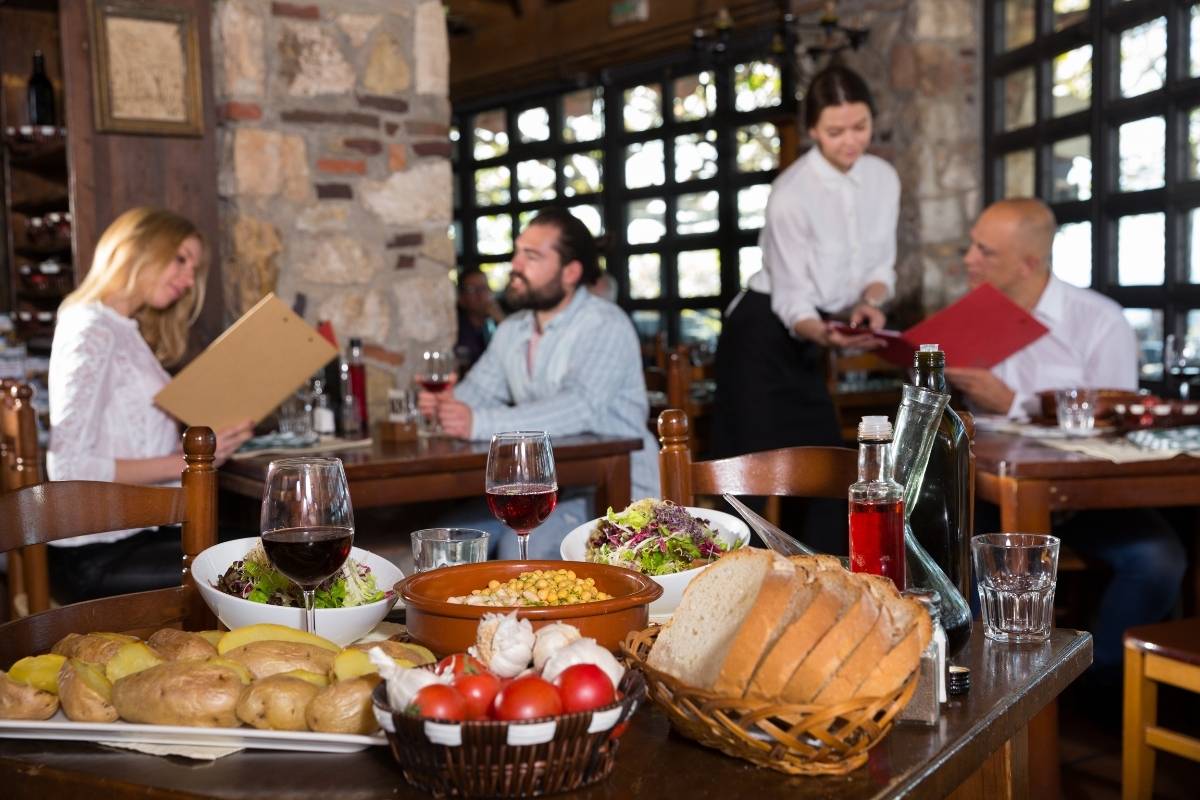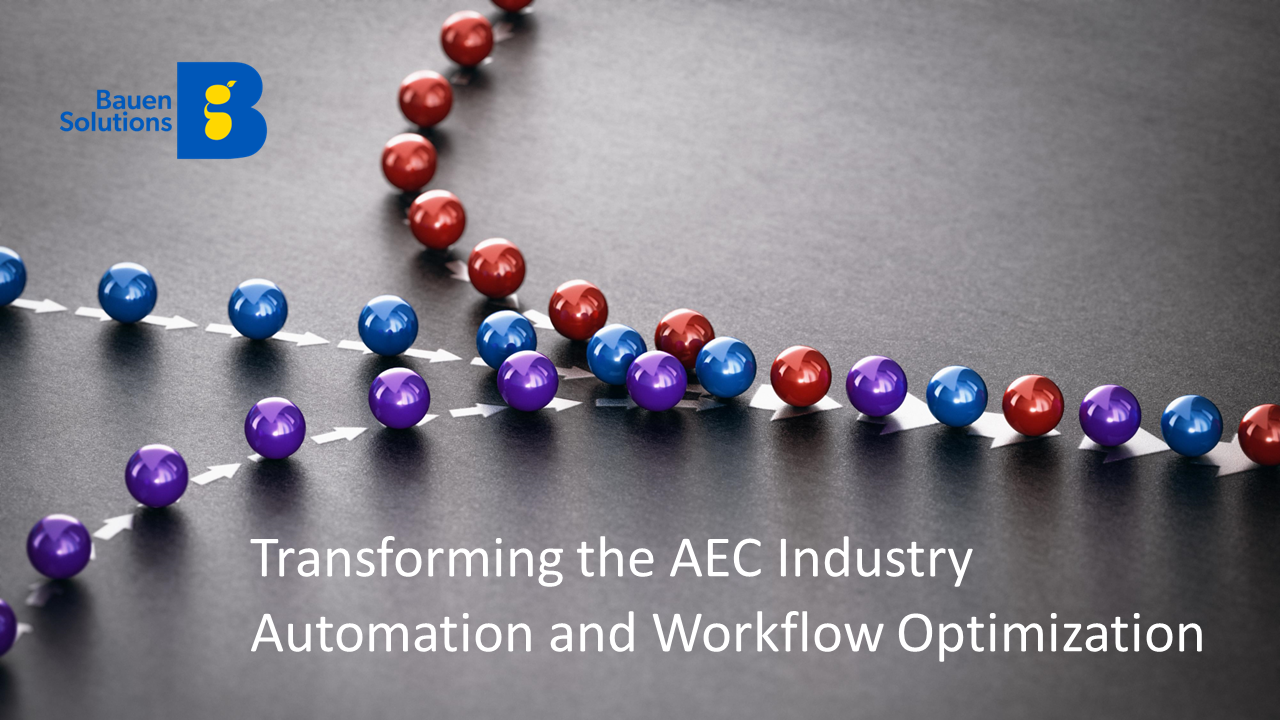It is not easy to run a food business, whether a restaurant or an essential supply chain entity. Food and beverage professionals are responsible for managing food quality, stock quantity, team dynamics, equipment monitoring, and overall business performance. It sometimes seems impossible to ensure everything is always running smoothly.
Still, business intelligence (BI) and specialty food software make it possible for food industry leaders to manage day-to-day operations while scaling their business successfully.
The Value of Business Intelligence in Foodservice
Almost every other industry is leveraging data to manage and scale business. Why should food and beverage companies be any different? Businesses in the food and beverage industries are increasingly turning to business intelligence for direct insight into food management processes, increased process efficiency, and quick decision-making abilities.
There are various examples of how food businesses may use business intelligence, depending on their business model and customer base. Below are a few examples of business intelligence tools and the value they add to the foodservice industry.
Food Traceability Software
Food traceability software enables users to research, track, and store information on food products’ contents. Food businesses use the platform to keep detailed records of food orders and their origins. One of this type of platform’s main features is to help users maintain health and safety requirements while optimizing spending, budgeting, and producing allergy warnings.
Food Costing Software
Food costing software allows restaurants to calculate food costs for their recipes to develop a profitable menu. This tool is vital to food businesses who want to hone-in on cost-effectiveness while providing their customers with the best prices possible.
Sensor-Driven Equipment Monitoring
Efficient equipment monitoring is a significant hurdle for many food and beverage businesses. Precious inventory is lost when equipment fails, posing a risk to the bottom line and food safety requirements. Sensor-driven equipment monitoring solutions provide companies with real-time information, compliance reporting, and operational efficiency metrics.
Visualize Your Food Business with Power BI
Gathering information is helpful, but information and intelligence are very different concepts. Intelligence is information presented in a way that you can use to make decisions and take action. Visualizing your information helps bridge this gap between data and decision making, which is why Microsoft developed Power BI.
Power BI is a group of software services, apps, and extensions under Microsoft Business Intelligence’s umbrella, which provides users with revolutionary data visualizations. These visualizations are essential to helping food businesses reap the benefits of business intelligence. Below are a few of the benefits your food business may reap due to implementing Power BI.
Data Quality to Food Quality
Data quality is vital to many companies, but data quality can directly impact food quality for food businesses. Power BI dashboards enable users to see the data’s quality quickly and if any changes in the data collection process need to be made. High-quality data and easy data monitoring allow food and beverage businesses to track valuable food quality metrics such as refrigerator temperatures and expiration dates.
Demand Forecasting
Demand forecasting with Power BI enables your food business to optimize your production planning, menu planning, and inventory ordering. The data visualization in Power BI can illustrate demand trends, allowing you to adjust your supply accordingly.
Increase Insight on Overall Equipment Effectiveness
An essential KPI for food businesses is Overall Equipment Effectiveness (OEE). OEE enables users to monitor the production efficiency and observe the overall performance of your equipment. Equipment failure in the foodservice industry not only takes time and money to fix, but it could cost you significant amounts of inventory and risk the safety of your customers. Power BI allows users to easily monitor this metric to ensure your equipment is working according to plan and mitigate any disruptions before they occur.
Partnering with the Professionals
Designing a Power BI solution for your food business may seem like a daunting task, but the Bauen Group professionals are well-versed in food business intelligence solutions. Bauen’s real-time, sensor-driven solutions benefit many food businesses such as restaurants, cafeterias, grocery stores, convenience stores, caterers, event venues, hospitals, pharmacies, food production, and meatpacking and dairy facilities.
As a Microsoft Gold Partner, Bauen leverages Microsoft Power BI dataflows and the Power BI mobile app to develop a superior monitoring solution that fits your food business’s unique needs. Our solutions will provide you with around the clock compliance, actionable alerts, analytics and reporting, and immediate cost savings. You can learn more about Bauen’s fully automated temperature protection solution and how we saved a restaurant thousands of dollars by reading this case study.





